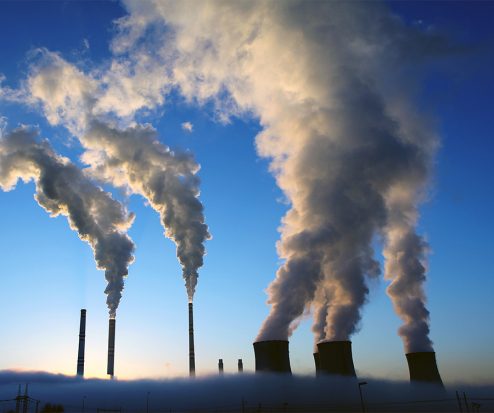President Donald Trump’s recent executive order directing the Export-Import Bank of the United States (US Exim) to increase financing for the country’s coal industry has sparked controversy and raised concerns about the future of energy policy in the United States. This move represents a significant shift in the White House’s approach to energy production and has drawn criticism from environmental groups.
The executive order emphasizes the need to boost domestic coal production in order to enhance national security and meet the growing demand for electricity driven by emerging technologies such as artificial intelligence. Despite the decline in coal usage in the US due to the rise of gas and renewable energy sources, the order asserts that the country possesses substantial coal reserves that can be utilized both domestically and for export.
Federal departments, including those for energy and agriculture, have been instructed to identify coal reserves and streamline the processes for mining them on public lands. Additionally, state financing agencies like US Exim and the International Development Finance Corporation (DFC) have been directed to provide financial support to coal developers, diverging from the trend of European, North American, and Asian lenders moving away from coal financing.
Within a 30-day timeframe, agencies involved in energy financing, including US Exim, are required to review their policies and ensure that they do not discourage the financing of coal mining and electricity generation projects. The executive order mandates the elimination of any biases against coal use, but emphasizes that actions must comply with existing laws and regulations.
Critics of the executive order argue that subsidizing the coal industry with public financing contradicts efforts to reduce carbon emissions and combat climate change. Kate DeAngelis, deputy director for economic policy at Friends of the Earth, criticizes the move as regressive and warns of the potential health risks associated with increased coal production.
The shift in US Exim’s financing policy for coal comes at a time when export credit agencies globally are moving away from supporting coal-fired power projects. The OECD Arrangement on Officially Supported Export Credits has imposed restrictions on coal financing, limiting support to projects that use advanced technology or are located in the poorest countries. Members of the OECD Arrangement, including the US, have agreed to adhere to these guidelines.
While the Biden administration had previously considered restricting export financing for fossil fuels, no consensus was reached due to opposition from certain countries. The decision to increase financing for coal projects in the US raises questions about the country’s commitment to transitioning towards cleaner energy sources and meeting its climate goals.
In conclusion, President Trump’s executive order directing US Exim to boost financing for the coal industry marks a significant departure from previous energy policies and has stirred debate over the implications for environmental sustainability and public health. As the US continues to grapple with the challenges of transitioning to a cleaner energy future, the role of government financing in supporting coal projects remains a contentious issue.




